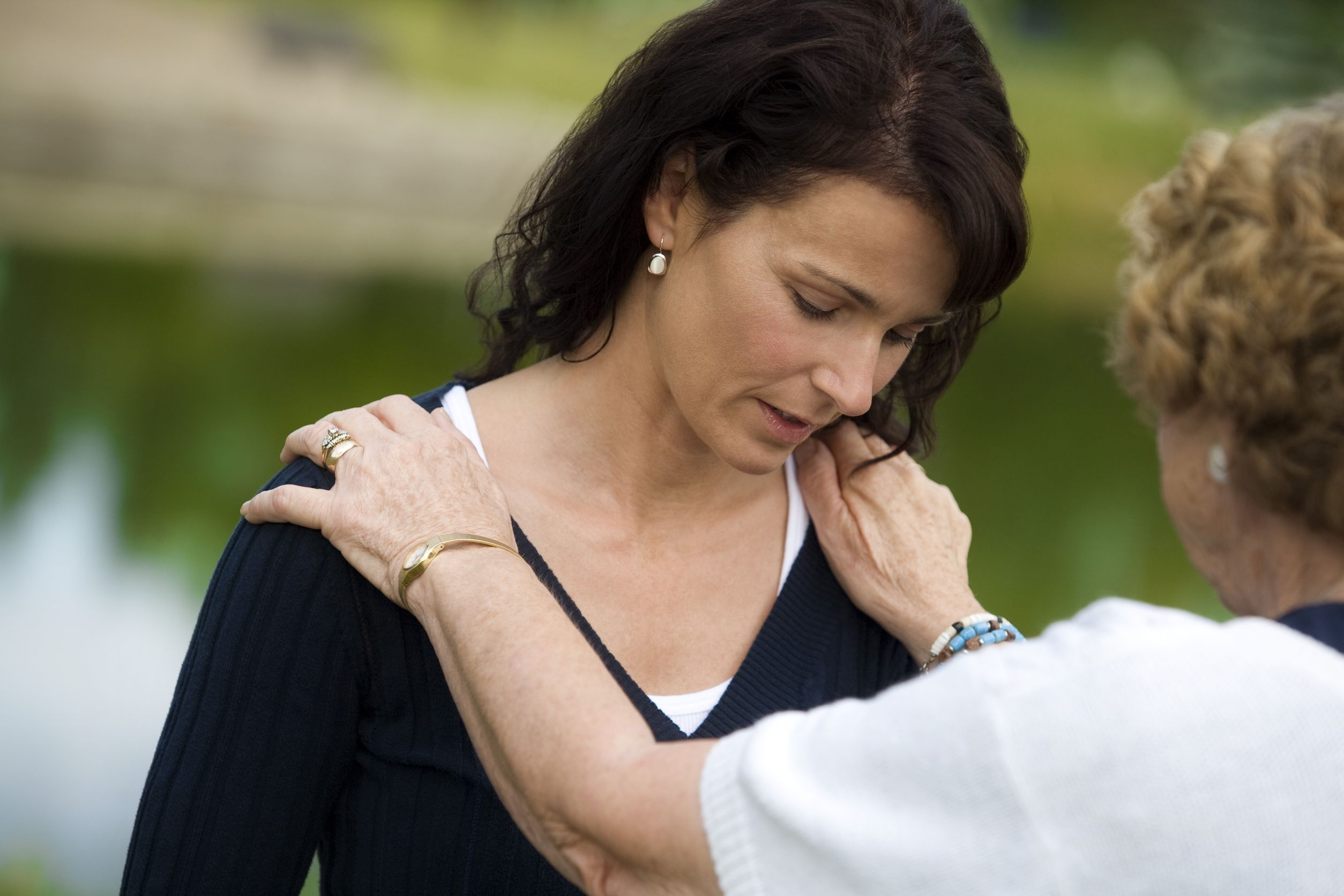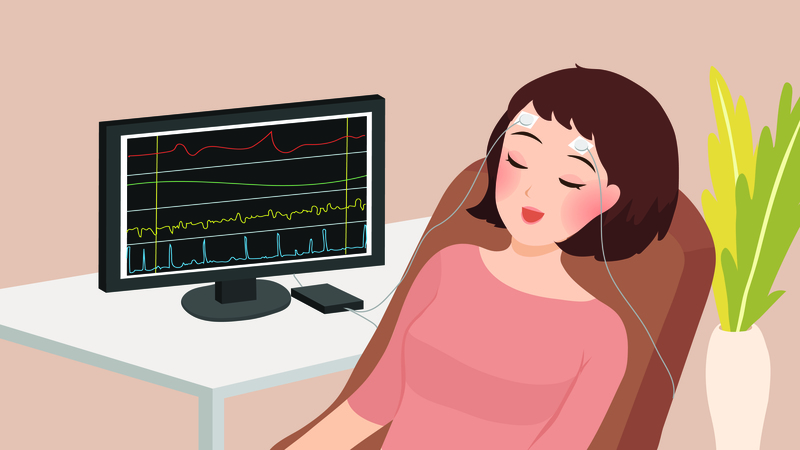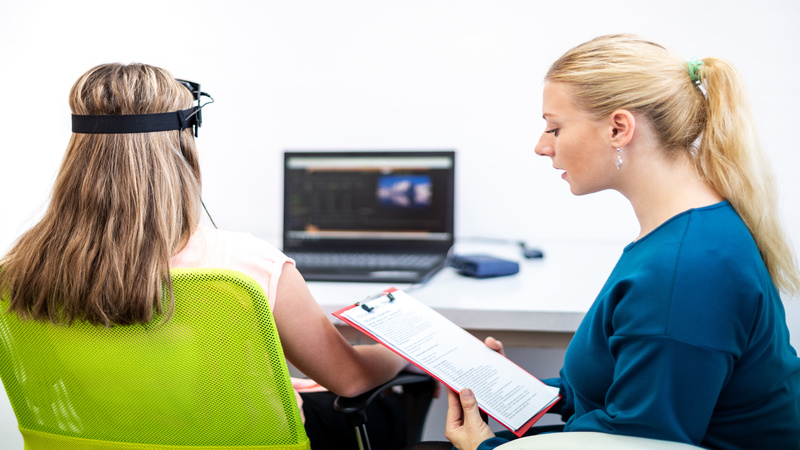You have probably tracked your heart rate before. Many of today’s most popular wearable devices offer heart rate tracking as a feature. This can help prevent and quickly address medical emergencies, as well as help you maintain a high enough heart rate during exercise for fat-burning and other benefits.
But have you ever thought about your heart rate’s variation? This variation – also called heart rate variability or HRV – is important for many reasons. It is linked to both physical and mental health and can be a tool for improving both.
What is HRV?
Heart rate variability is the tiny changes in the length of time between beats of your heart. These changes are usually too small to perceive without specialized equipment. They often amount to only fractions of a second, but those tiny changes can have big impacts on your overall health.
Your heart needs to change its rhythm for a wide range of reasons. This may be to help you cope with stress or fear, to improve blood flow during exercise, or to help your body relax at bedtime. The tiny changes in your heart rate between beats can indicate the heart’s ability to make those changes when necessary.
A Varied Heart Rate is a Healthy Heart Rate
While a wide variation in heart rate can indicate certain medical conditions, a moderate variation is a very good thing. It means that your heart is better able to adapt to changes in your body’s need for blood flow and oxygen.
This adaptability is imperative in dealing with stress. This doesn’t just mean the kind of stress that might require immediate physical action, but also the everyday stress we all experience. Variation in your heart rate means that you can cope with the pressure that life often puts on this important muscle.
Improved heart rate variation can be had with careful monitoring called biofeedback. This monitoring allows a specialist to identify shortcomings in your HRV and recommend exercises that might help to improve it.
To learn more, talk to your local biofeedback provider about HRV in New York. You might just find that the smallest changes can have the biggest impact on your well-being!
For more Information Visit Dr. Leah Lagos at https://drleahlagos.com/ or follow Dr. Leah Lagos on Twitter


